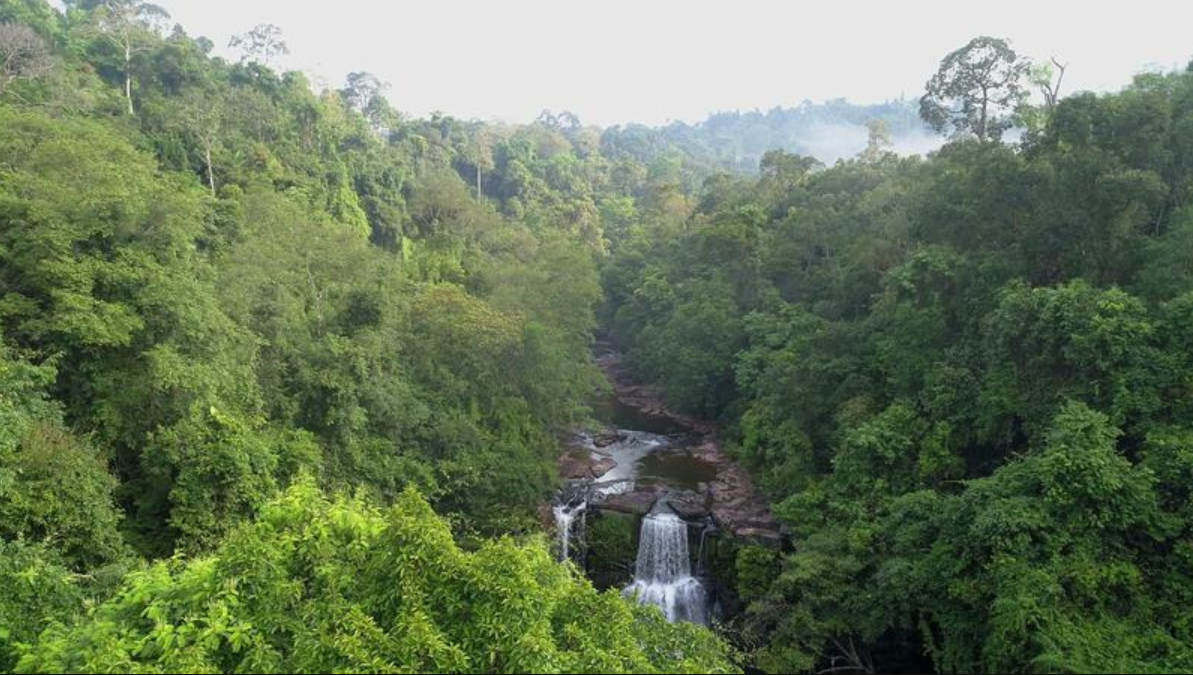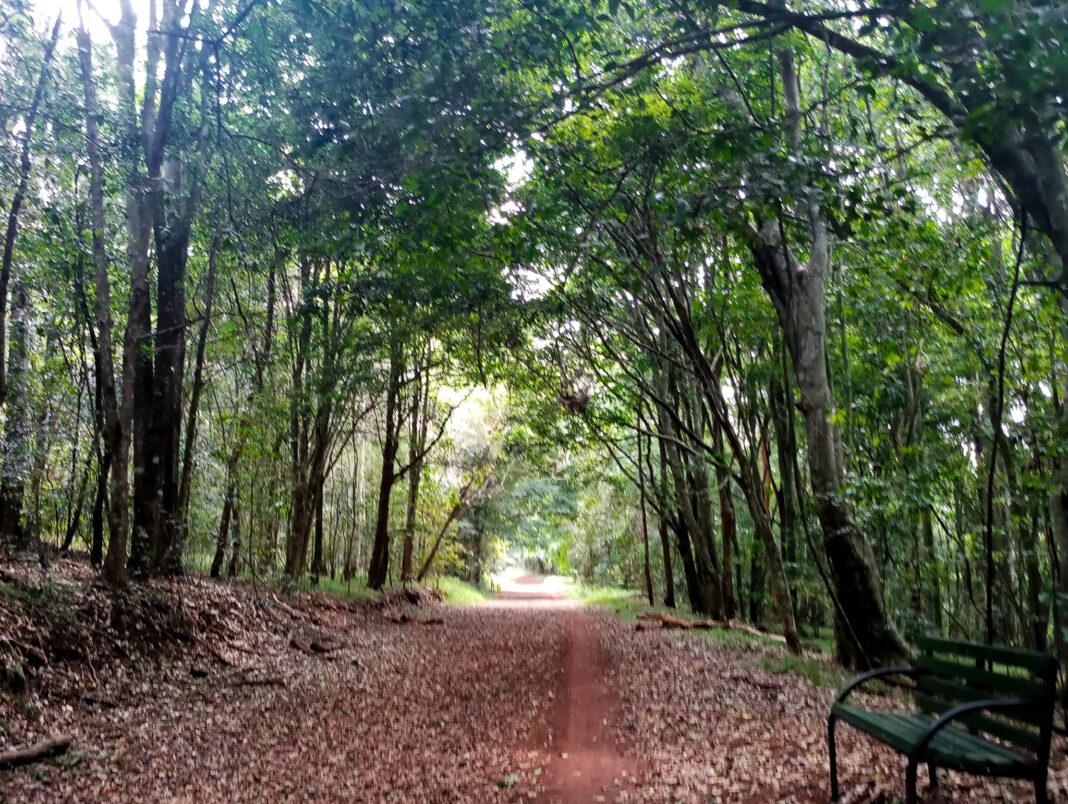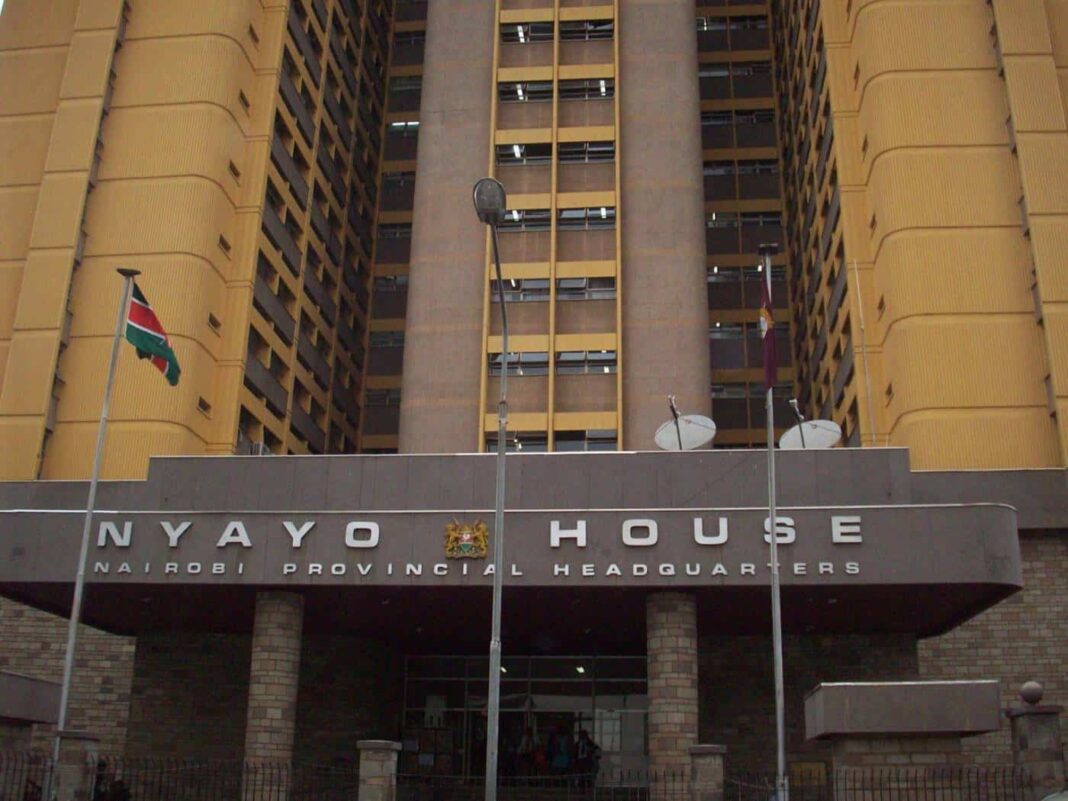After nearly three decades of court battles and investigations, the Ethics and Anti-Corruption Commission (EACC) has successfully reclaimed a 17-acre piece of land that was stolen from Karura Forest in 1997. The property, valued at KSh2.8 billion, had been grabbed and sold to private investors following its illegal allocation to the late former minister Joseph Kamotho.
In a landmark ruling delivered by the Nairobi Environment and Land Court on Thursday, October 23, the court declared that the land was unlawfully taken and ordered its return to the public. The EACC confirmed the recovery in a statement on Tuesday, October 28, describing it as a significant victory for environmental conservation and the rule of law.
The 17-acre parcel was originally public land—partly belonging to the Kenya Technical Teachers College (KTTC) and partly within the boundaries of Karura Forest. Court documents revealed that the land was allocated in violation of the Forest Act and the Government Lands Act, making the transfer and subsequent sales illegal.

EACC Triumphs in Long Battle Over Stolen Karura Forest Land
The court ruling put to rest a case that had been ongoing since September 10, 2007, when EACC filed a suit to recover the land. The commission accused two former land commissioners of aiding in the fraudulent allocation, saying they would be held responsible for their role in facilitating the illegal transfer.
According to EACC’s statement, the court was categorical that “the land was alienated Government Land, and its allocation to Hon. Kamotho was contrary to the Forest Act and the Government Lands Act.” The judgment further emphasized that the land was reserved for KTTC and Karura Forest, confirming its public ownership.
Crucially, the court reaffirmed that the principle of first registration cannot protect unlawfully acquired property, referencing Article 40(6) of Kenya’s Constitution, which bars individuals from claiming ownership of illegally obtained land.
EACC Chief Executive Officer Abdi Mohamud welcomed the judgment, saying that 16 acres of the recovered land will be reverted to Karura Forest, while the remaining one acre will go back to KTTC. “This victory reinforces our commitment to recover all public land that was grabbed, regardless of how long ago the theft occurred,” Mohamud said.
Illegal Land Deals Continue to Haunt Kenya’s Public Assets
The Karura Forest land recovery highlights the EACC’s intensified campaign to reclaim stolen public property. Over the years, the commission has been pursuing dozens of similar cases involving government institutions and public reserves that were irregularly sold or transferred.
In August 2025, the EACC recovered another prime piece of land in Bungoma County valued at KSh35 million. The plot, located next to the Bungoma State Lodge and owned by the Ministry of Housing and Urban Development, had been illegally acquired by a private individual who went on to demolish a government house and build a luxury maisonette.
On October 9, 2025, the Bungoma Environment and Land Court ruled that the half-acre plot—registered as Bungoma Township/169—had been fraudulently obtained and ordered its return to the government. The ruling was seen as another strong statement against land grabbing in Kenya, reinforcing the government’s stance that no one is above the law.
EACC’s Renewed Focus on Environmental Protection and Land Recovery
EACC has pledged to maintain momentum in recovering stolen public land, particularly those in environmentally sensitive areas such as forests, riparian zones, and wetlands. CEO Abdi Mohamud noted that land grabbing not only robs the public of critical natural resources but also undermines Kenya’s environmental conservation efforts.
“Protecting our forests and public land is not just about legality; it’s about preserving the country’s heritage for future generations,” he stated.
The recovery of the Karura Forest land holds deep symbolic value. Karura, once under threat from encroachment, has become a global symbol of environmental protection following years of activism led by the late Prof. Wangari Maathai. The return of the stolen 17 acres now strengthens conservation efforts and reaffirms Kenya’s commitment to safeguarding its green spaces.
The EACC’s latest victory also sends a warning to individuals and corporations who have illegally acquired public land. The commission has made it clear that it will pursue all such cases, regardless of the time elapsed, to restore public ownership and accountability.
Conclusion
The recovery of the 17-acre Karura Forest land marks a turning point in Kenya’s war against corruption and environmental exploitation. The ruling reinforces the principle that public property, once stolen, can still be reclaimed through persistence and legal resolve.
EACC’s continued success in land recovery cases—from Nairobi to Bungoma—demonstrates that justice, though delayed, can still be served. For Karura Forest, the return of this land not only restores public ownership but also rekindles Kenya’s enduring fight to protect its natural resources from corruption and greed.


